Camping Tracing Worksheets
Are you in search of an entertaining and fresh fine motor activity for your preschoolers this summer season? Well, your search ends here!
We have the perfect solution for you – our camping tracing worksheets. These camping worksheets for kids are designed to be both fun and educational, providing a unique blend of learning and entertainment.
Tracing worksheets, such as the ones featured below, offer preschoolers the chance to hone their left-to-right tracing skills. This practice is crucial as it aids in developing and strengthening their fine motor skills.
The action of tracing helps children gain control over their hand movements, which in turn, improves their handwriting and drawing abilities.
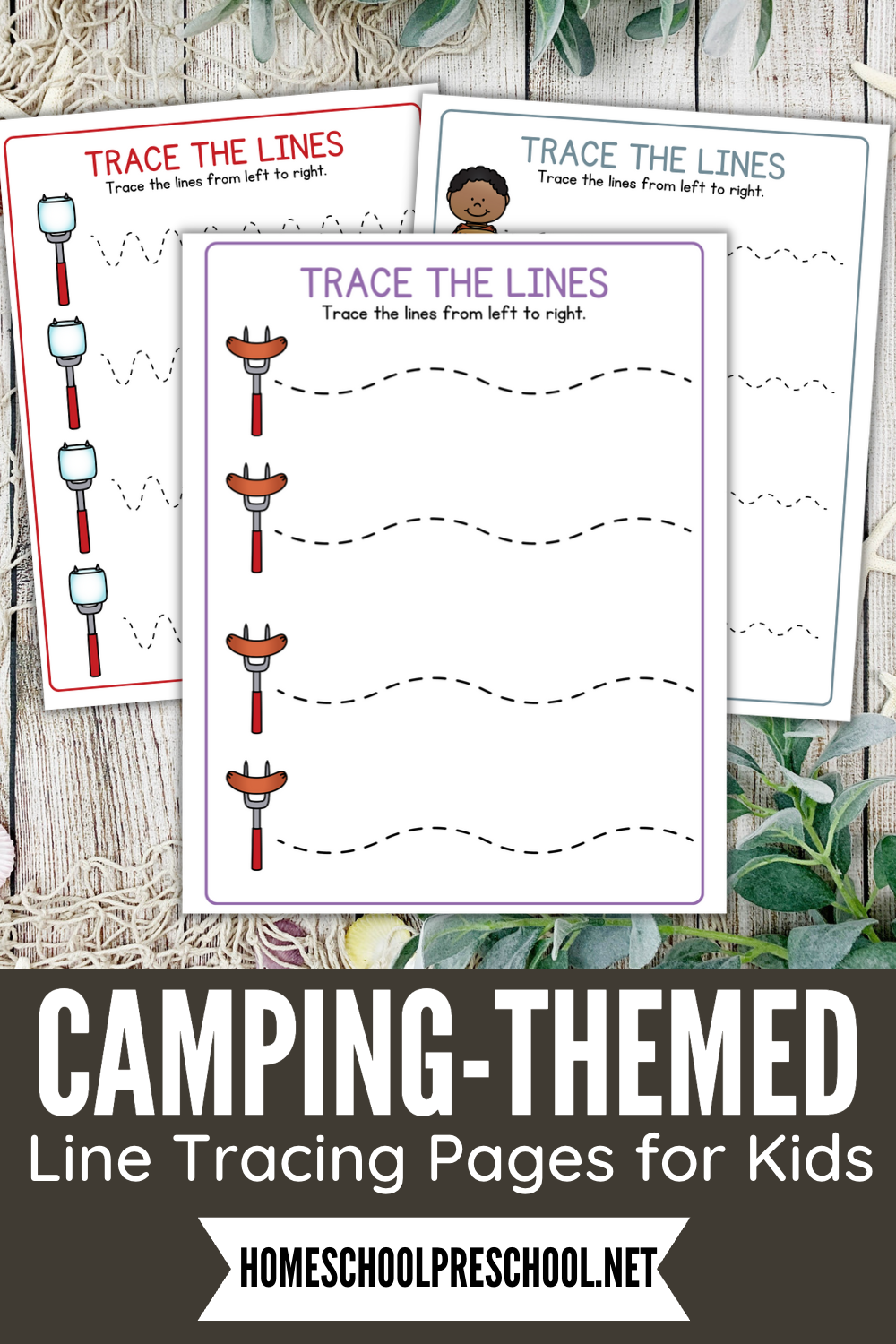
Moreover, these worksheets aren’t just about tracing; they also introduce the concept of following directions and understanding patterns.
So, while your preschoolers are having fun tracing, they are also learning valuable skills that will benefit them in their educational journey.
Try out our free preschool printables this summer, and watch your little ones learn and grow!

How do tracing worksheets help with fine motor skills?
Tracing worksheets are like a secret weapon for developing fine motor skills in little ones.
Fine motor skills are all about getting those tiny hand and finger muscles to work together with their eyes. It’s like a dance routine – everyone needs to know their steps!
When kiddos start tracing lines or shapes, they’re really learning how to control their hand movements.
This not only gets them ready for writing letters and numbers later on, but it also helps them with everyday stuff like buttoning their clothes or using a spoon or fork.
So, in a nutshell, tracing worksheets are a pretty cool way to boost those fine motor skills.

At what age should we start introducing tracing worksheets?
Introducing tracing worksheets can start as early as when your child shows interest, typically around the age of 3 or 4. However, it’s important to remember that every child develops at their own pace.
The key is to make sure the activity is enjoyable and not forced, turning it into a fun game rather than a chore.
Starting with simple lines and shapes can be a good beginning, gradually introducing more complex patterns as their confidence and skills grow.
Tracing Worksheets for Preschoolers
If your little ones enjoy these tracing worksheets, be sure to add them to your learning time regularly. Here are a few of our favorites:
- Word Tracing Worksheets
- Animal Tracing Worksheets
- Letter Tracing with Arrows
- Camping Tracing Worksheets from Living Life and Learning
- Number Formation Tracing Cards from Stay at Home Educator
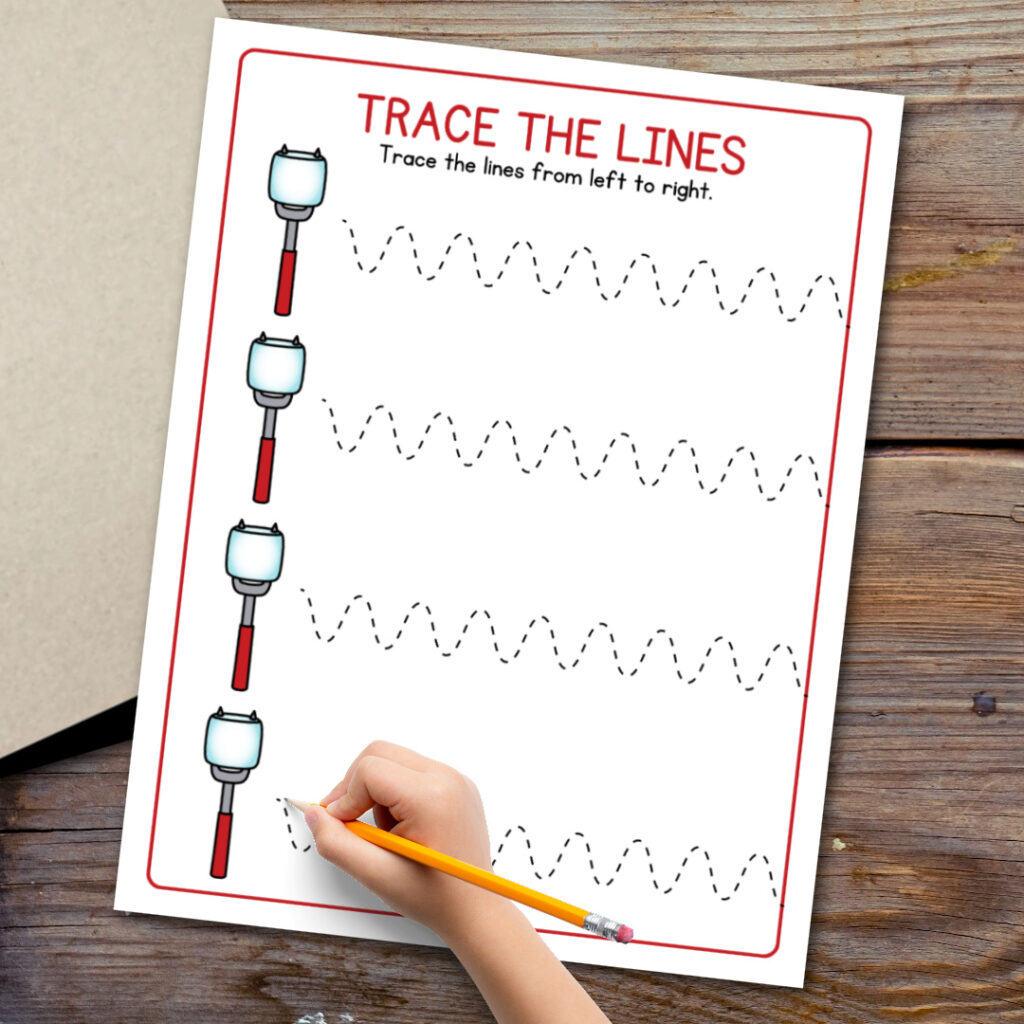
How can we make the tracing worksheets more fun?
To make the process of using tracing worksheets more engaging and fun for preschoolers, creativity is key. Here are a few suggestions:
- Theme-based Worksheets: Use worksheets that tie into your child’s interests. If they love camping, use camping worksheets for kids. If they’re into superheroes, use superhero-themed ones.
- Colorful Tools: Instead of just a pencil, let them use colorful markers, crayons, or even chalk if you have a safe outdoor space.
- Reward System: Implement a simple reward system. For example, once they complete a worksheet, they get a sticker.
- Storytelling: Turn the tracing activity into a story. If they’re tracing a path, create a narrative around it, like helping a lost puppy find its way home.
Remember, the goal is to make learning feel like play. The more fun they have, the more they’ll want to engage in the activity.
Free Camping Printables
If your little ones enjoy these camping worksheets, here are a few more of our favorites:
- Camping Coloring Pages
- Backyard Camping Ideas
- Camping Snakes and Ladders Game
- Camping I Spy Printables from Living Life and Learning
- Camping Preschool Printable Bingo Game from Stay at Home Educator
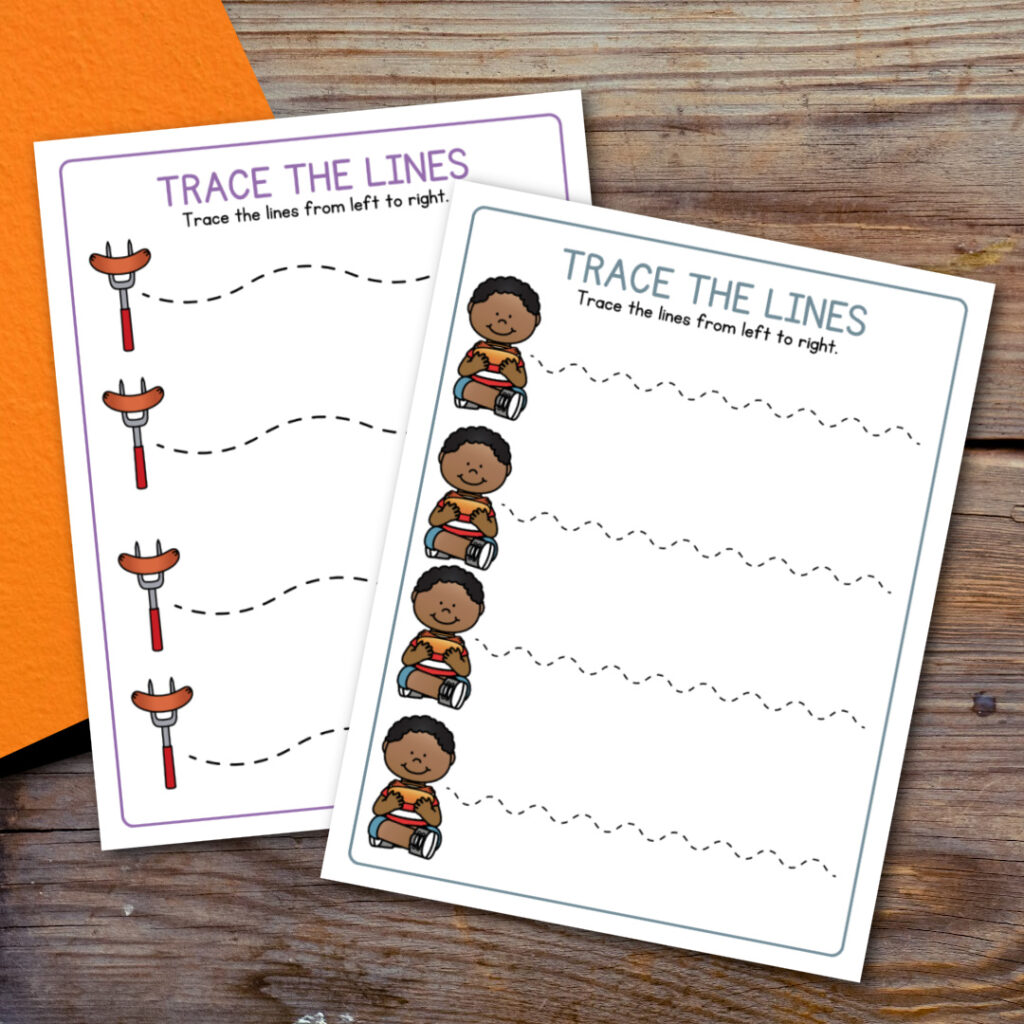
Camping Tracing Worksheets
Our free camping tracing worksheets are designed to spark your child’s interest in camping while providing an opportunity to strengthen motor skills.
These pages are perfect for helping children practice pencil control, tracking from left to right, and more!
All you need to do is print them out, laminate them, and have children complete the pages with a dry erase marker. When they’re done, you can wipe them clean and store them away for later.
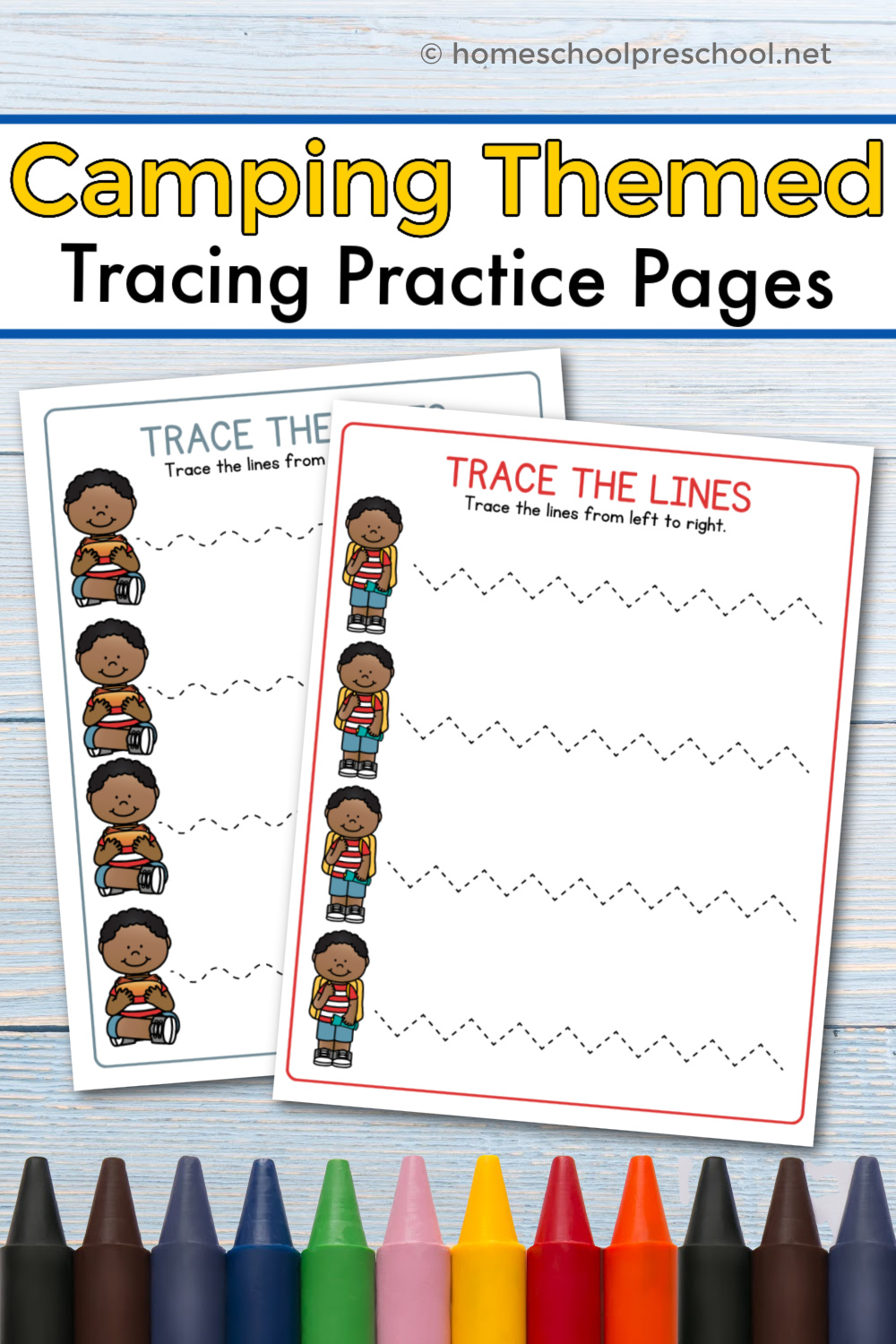
In conclusion, tracing worksheets are a fantastic tool for developing fine motor skills in preschoolers. They not only prepare children for writing and other daily activities but also provide an opportunity for them to have fun while learning.
By starting early, introducing the worksheets in a fun and engaging manner, and tailoring the process to each child’s interests, parents and teachers can ensure that children look forward to these activities.
Remember, every child is unique and learns at their own pace, so patience and encouragement go a long way in fostering a love for learning.
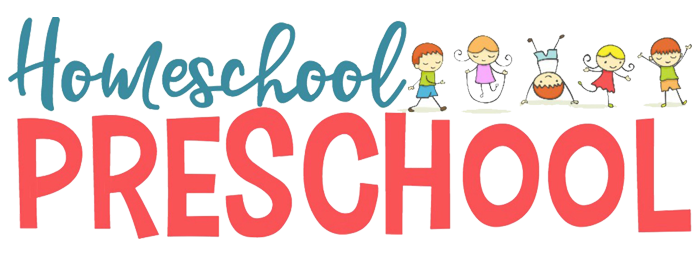
One Comment